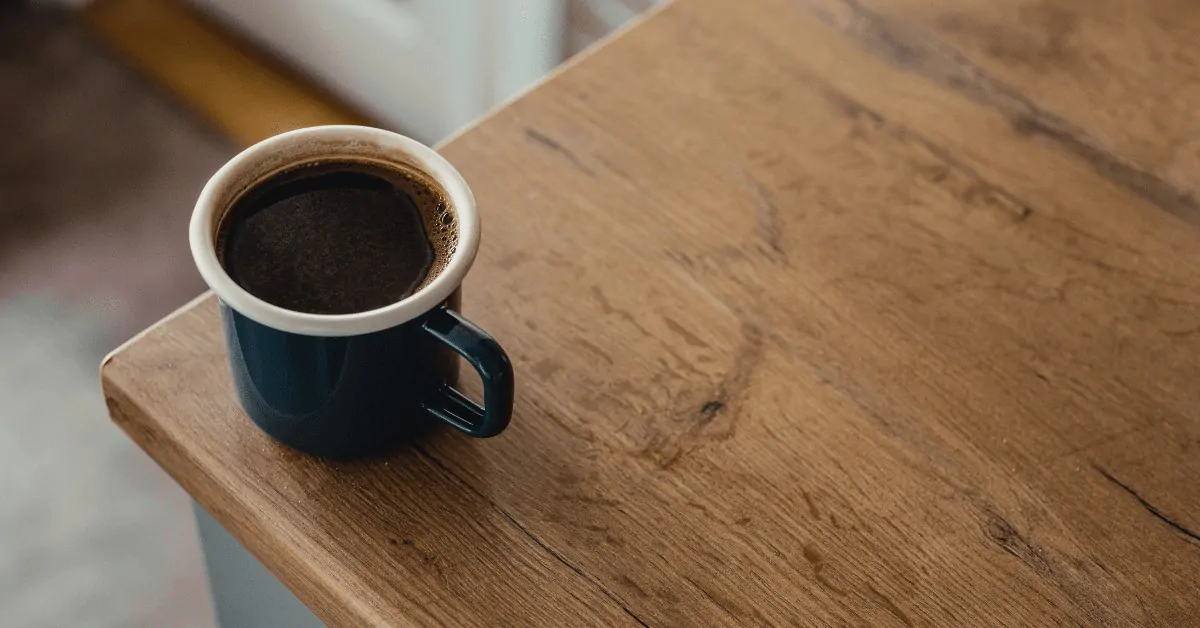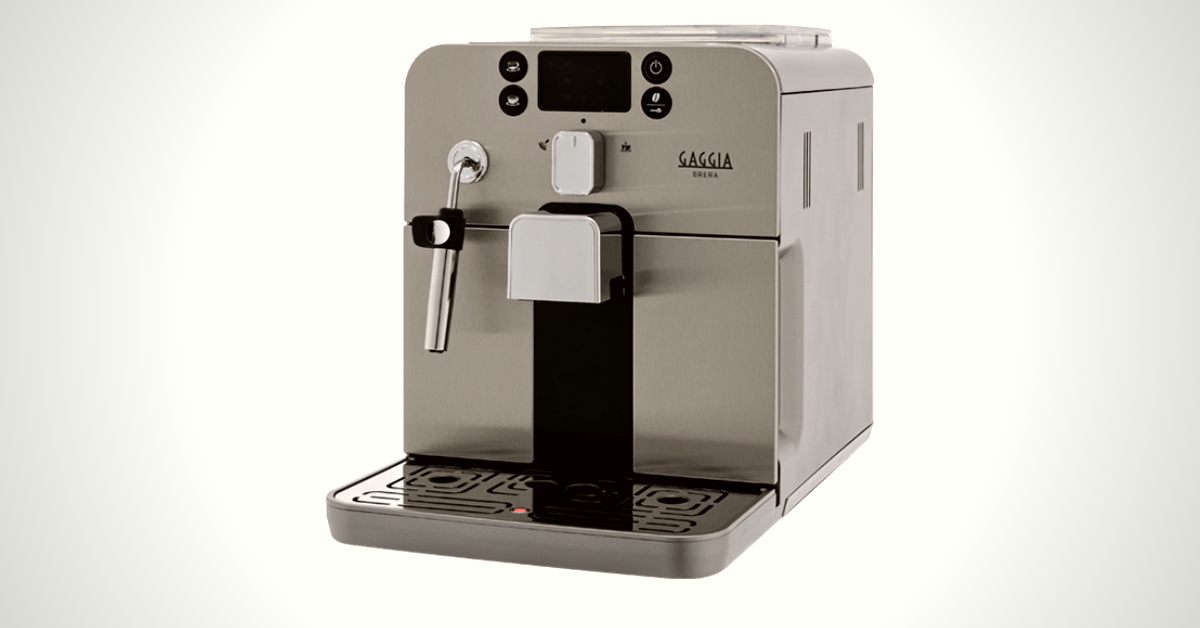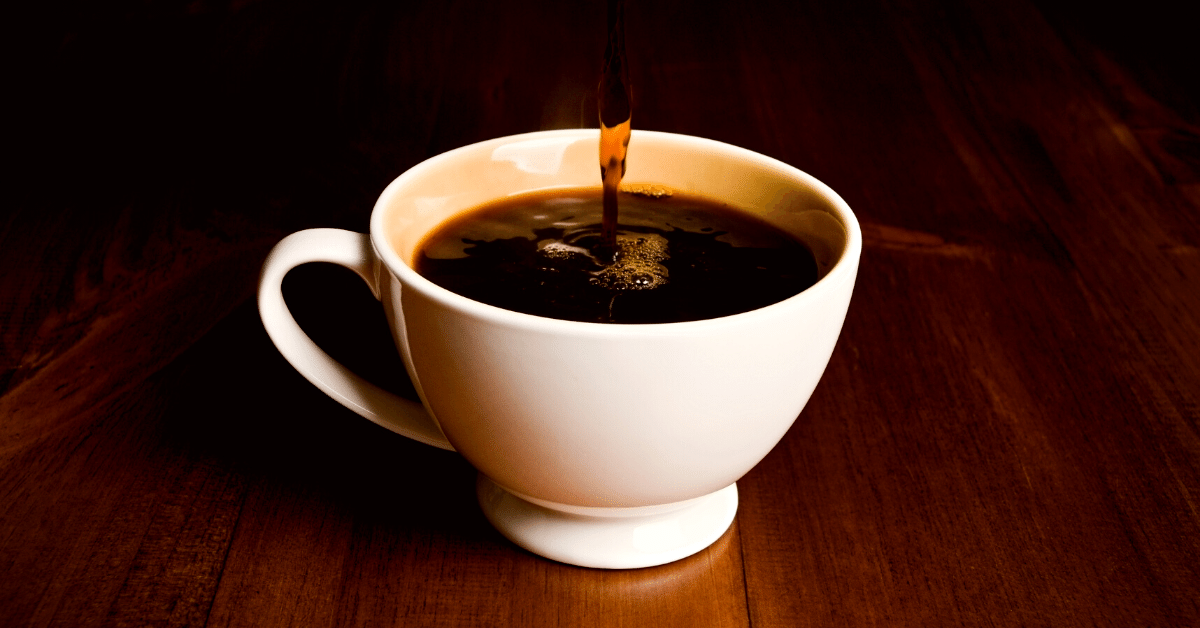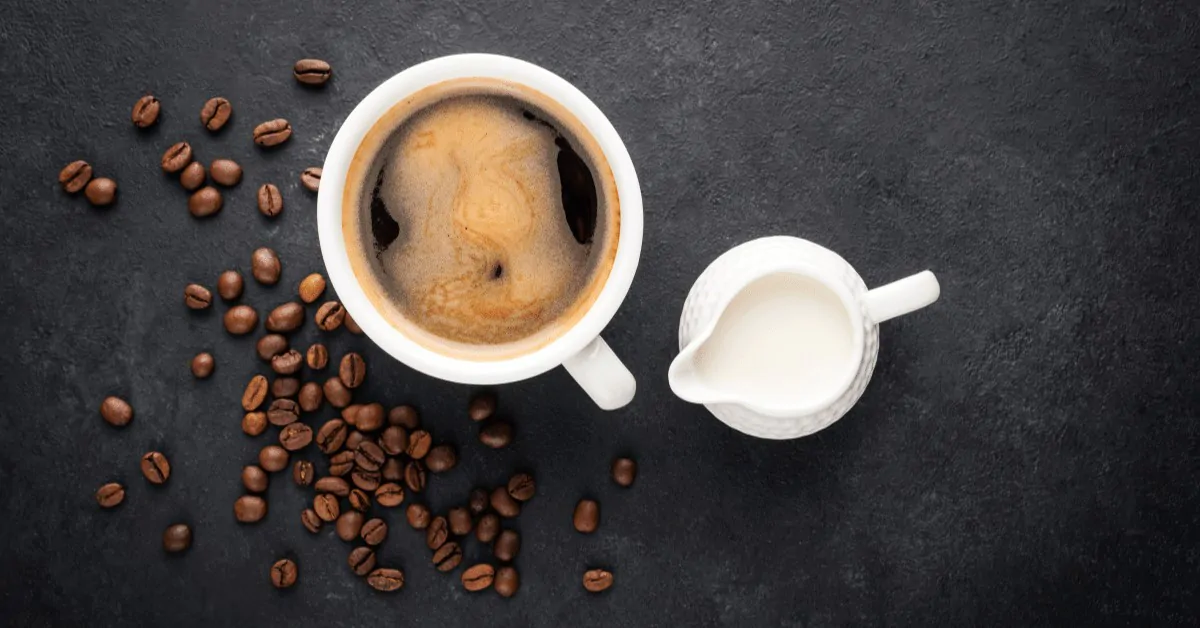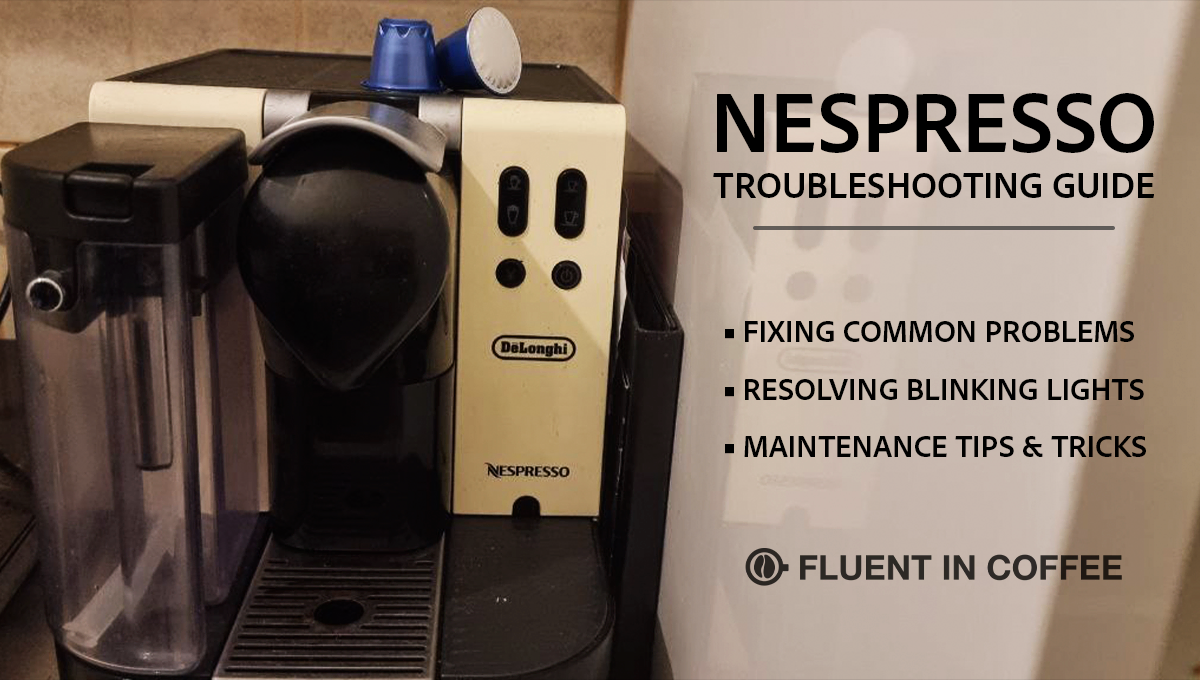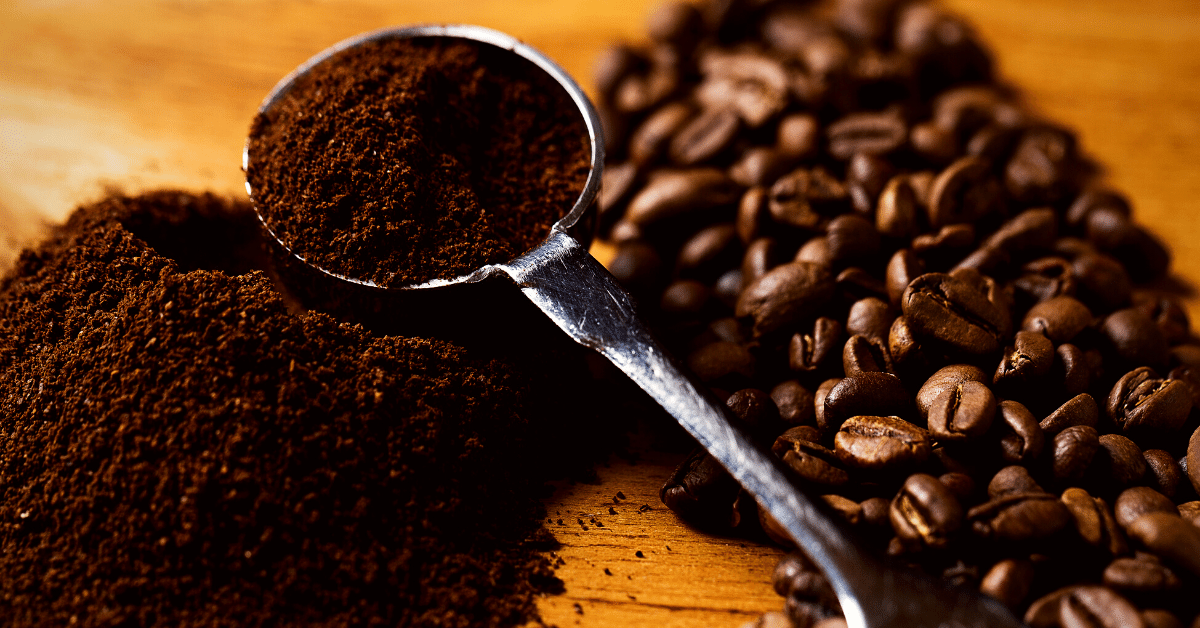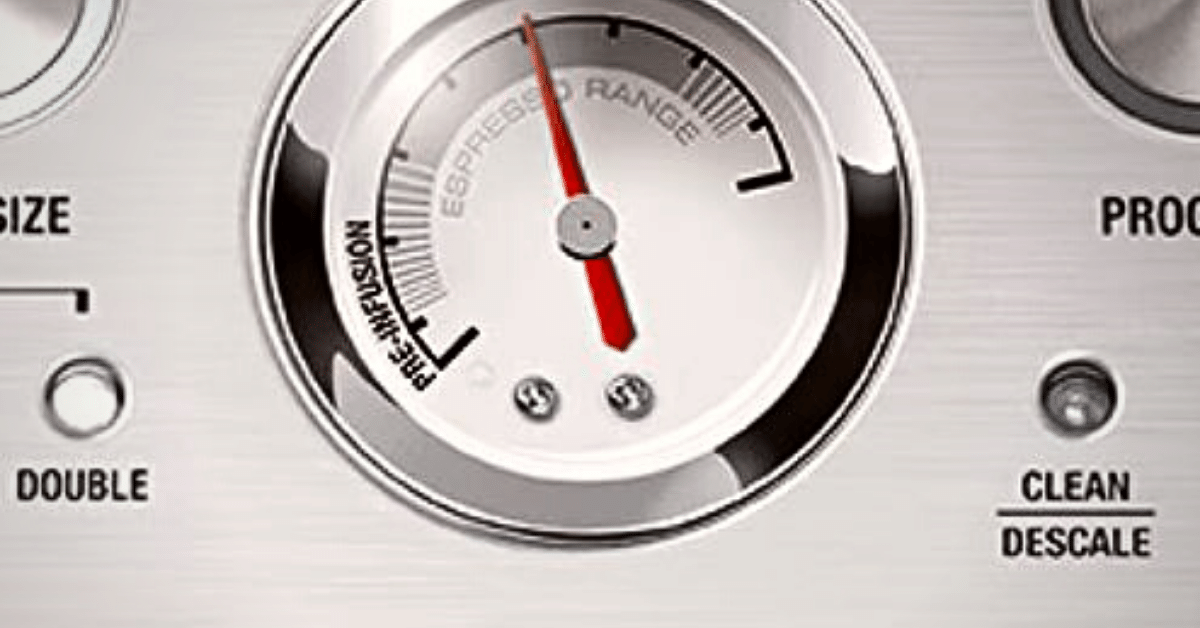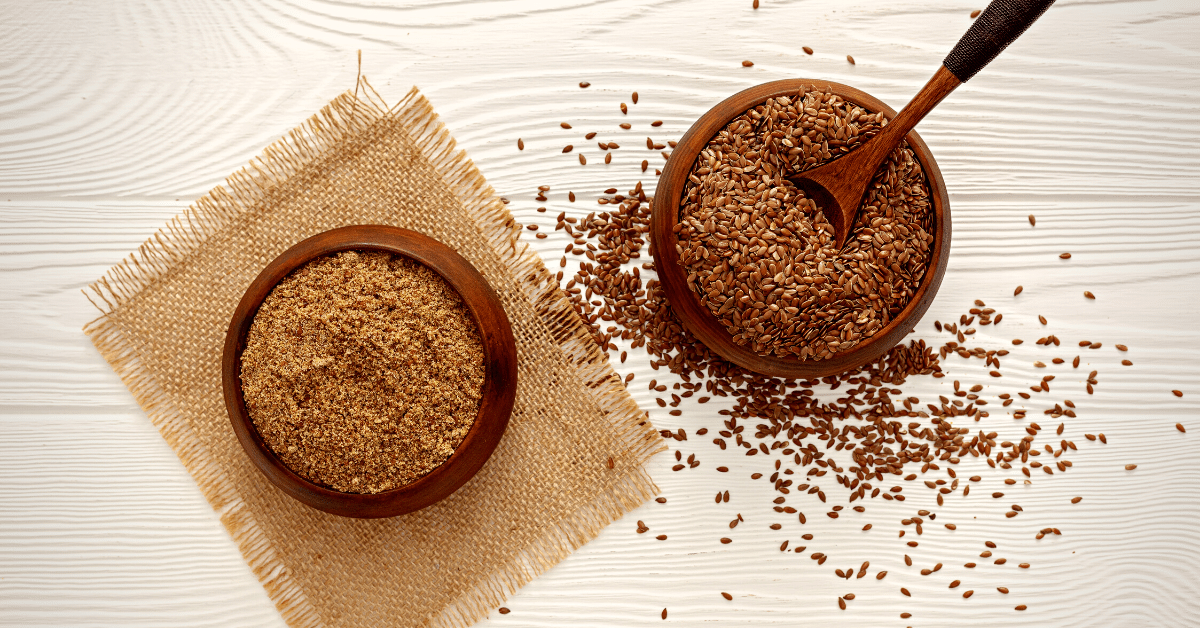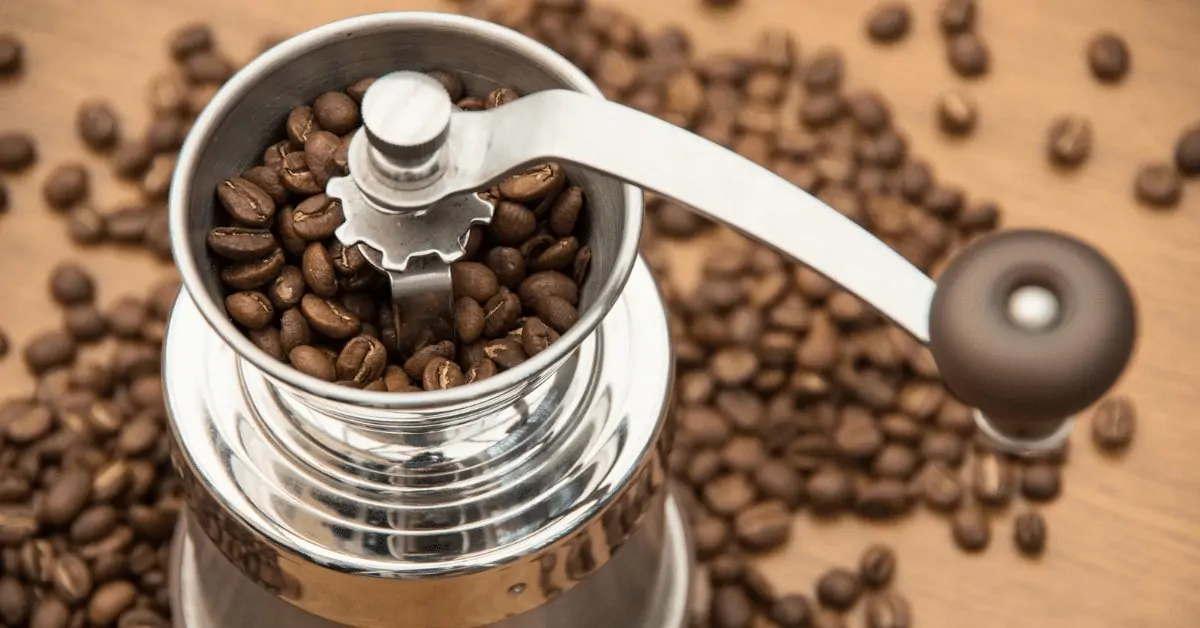Oh no, it happened again.
You were so focused on the work that your coffee has gone cold.
Should you drink it anyway?
That depends. Time takes a toll on everything, and coffee is no exception. How long can coffee sit out depends on different factors.
But don’t worry. We’ll cover them all in this article.
Without further ado, let’s get to the point!
How Long Can Coffee Sit Out
So you went ham and made a full 12-cup carafe of coffee. And as soon as you did, you’ve realized it’s going to take you a very long time to drink it all up.
But will it stay good that long?
The exact answer depends on a lot of factors – and I’ll get into them later in the article. But generally, you can expect your brewed coffee to last about half an hour at room temperature. After that time, the flavor and aroma will slowly degrade.
Give it a few more hours, and you can definitely notice how bitter and off your coffee has become.
So, should you drink that cup of coffee that’s been sitting on your desk since this morning?
Depends on the scenario.
Plain Black Coffee
When it comes to black coffee that’s a few hours old, you can definitely drink it. In fact, you can drink it even 24 hours after it’s brewed without any health concerns. It won’t taste good, but it won’t be dangerous.
If you store black coffee in the fridge, you can further extend its shelf life. Generally, it can stay good for another 3 to 4 days after it’s brewed. Just make sure to store it in an airtight container.
Otherwise, your coffee can absorb smells from other stuff in your fridge, such as meat or eggs.
Coffee With Milk Or Creamer
What if you’ve added a splash of milk or coffee creamer to your cup of java? Well, in that case, you should drink it within an hour or two at room temperature.
Bacteria develop in such a short amount of time in dairy products when left in temperatures between 40 and 140 degrees Fahrenheit. Theoretically, you can heat it up to kill potential bacterial growth, but your coffee will taste horrible.
Cold Brew
In the case of cold brew coffee, the situation is slightly different. That’s because this brewing method is made without hot water, so coffee won’t degrade as fast.
Generally, you can expect cold brew to last anywhere from 7 to 10 days when stored in the fridge. If you leave it at room temperature, I wouldn’t recommend drinking it past 3 or 4 days.
Obviously, adding milk to cold brew will drastically shorten the shelf life. If left outside, you should drink it in an hour or two. When stored in the fridge, it might last a day or two. To be sure it’s good, check for foul odor or mold growth.
Iced Coffee
You don’t need me to tell you that your iced coffee will taste bland once the ice melts. If you’re sitting on your porch on a cool winter day, that might not happen that fast. But during hot summer months, your iced coffee will become watery in an hour or less.
Now, does that mean you can’t drink it once the ice melts?
Not necessarily. But the exact “window of time” iced coffee is safe for consumption depends on whether you’ve used milk or not. As we already established, milk can go bad in only an hour or two at room temperature.
If your iced coffee doesn’t contain milk or creamer, then you can surely drink it later in the day without worrying about health issues.
Still, that doesn’t mean it will taste anywhere near as good as before. And that’s not just because of melted ice.
Unlike cold brew, iced coffee is made with hot water. I’ll get into details in the next section, but you should know that hot water activates compounds in ground coffee. They start degrading from the moment you brew. Logically, your drink will not taste as well after a few hours.
However, if you put it in the fridge, iced coffee can last much longer. For example, Starbucks iced coffee can last even up to 12 hours if refrigerated.
Understanding Chemistry Behind Coffee
Like practically any food or drink, coffee goes bad over time. But you’re probably wondering – what happens?
The biggest enemy to a tasty cup of coffee is oxidation.
Coffee contains oils, acids, and other chemical compounds. These compounds start to oxidize as soon as they get in contact with air. It’s kind of like iron – it rusts after being exposed to air for too long. For that reason, we store our coffee in airtight containers.
Whole bean coffee can last longer than ground coffee. Even more, there are specialty coffee beans such as barrel aged coffee, which are meant to sit in the whiskey barrels for a couple of weeks before roasting.
However, even the coffee beans should be stored in an airtight container, if you want them to stay fresh. That’s even more desirable with ground coffee.
When not stored adequately, coffee grounds can go stale within a week or two. And if you make coffee with stale grounds, it will, obviously, taste stale right away. But if you’re using fresh grounds, coffee will only go stale after it oxidizes.
Now, you’ve probably heard that the ideal temperature for coffee extraction is between 195 and 205 degrees Fahrenheit. In these temperatures, water pulls out those compounds from the grounds, giving you a perfect cup of juicy coffee.
But as soon as water hits the grounds, they start oxidizing again. And the longer the drink sits in your cup, the process continues. That’s why your old coffee gets more bitter and sour over time.
At this point, regular black coffee is still safe to drink. But if you leave it at room temp for many days, there’s a good chance of growing mold.
Here’s the thing – mold grows on anything in nature when conditions are right. That also includes coffee plants. Now, most of the mold is killed during the roasting process, but some spores can remain.
Don’t worry – that potential amount is too low to be toxic.
But if you leave a cup of coffee out for a few days, you’re creating a perfect environment for those mold spores to wake up and grow.
On the other hand, bacterial growth shouldn’t really worry you. After all, caffeine is known for having antibacterial effects. Plus, high temperature kills most bacteria.
Still, there’s always a potential for bacterial colony-forming inside your coffee maker. But as long as you’re regularly cleaning your machine, this isn’t something you should be worried about.
How To Store Brewed Coffee
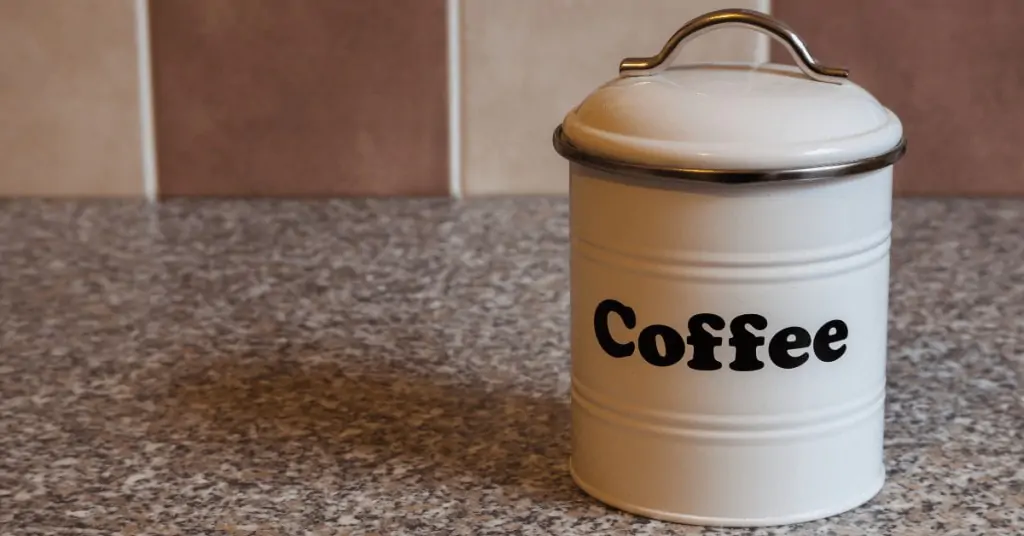
Ideally, you should brew only as much coffee as you can drink while it’s still hot. But there are a few things you can do when storing brewed coffee that will keep it fresh for longer.
Use An Airtight Container
If you realize from the start that you’ve made too much coffee, then you should transfer it immediately to an airtight container. A thermos is ideal, but if you don’t have one that’s large enough, you can always resort to Tupperware or jars.
The key is to keep your coffee away from the air to slow down the degradation.
Avoid Using Dairy
Dairy shortens the shelf life of your favorite java drink quite a lot, especially when kept at room temperature. If you don’t want the whole carafe to go to waste just because of a few milk drops, avoid adding it altogether.
Now, don’t get me wrong – I’m not saying you should only drink your coffee black. But only add milk or creamer once you pour yourself a cup. That way, even if you don’t finish the cup in the next hour or so, it won’t be too tragic to throw it away.
Store It In The Fridge
Finally, don’t forget that the fridge extends the shelf life of pretty much anything. I’d advise storing your brewed coffee in the fridge even if you already poured it into an airtight contained and avoided using milk.
It won’t taste as well as it did when brewed, but at least you’ll avoid getting mold and bacterial growth in your favorite drink.
To Sum Things Up
As you can see, you should always try to drink your fresh coffee as soon as possible. That doesn’t mean you should chug it down while it’s piping hot. But don’t let it sit for hours at your desk either.
While black coffee is technically safe for drinking a day after it’s brewed, any milk-flavored coffee drink should be drunk within an hour.
Have more questions?
Feel free to comment!

